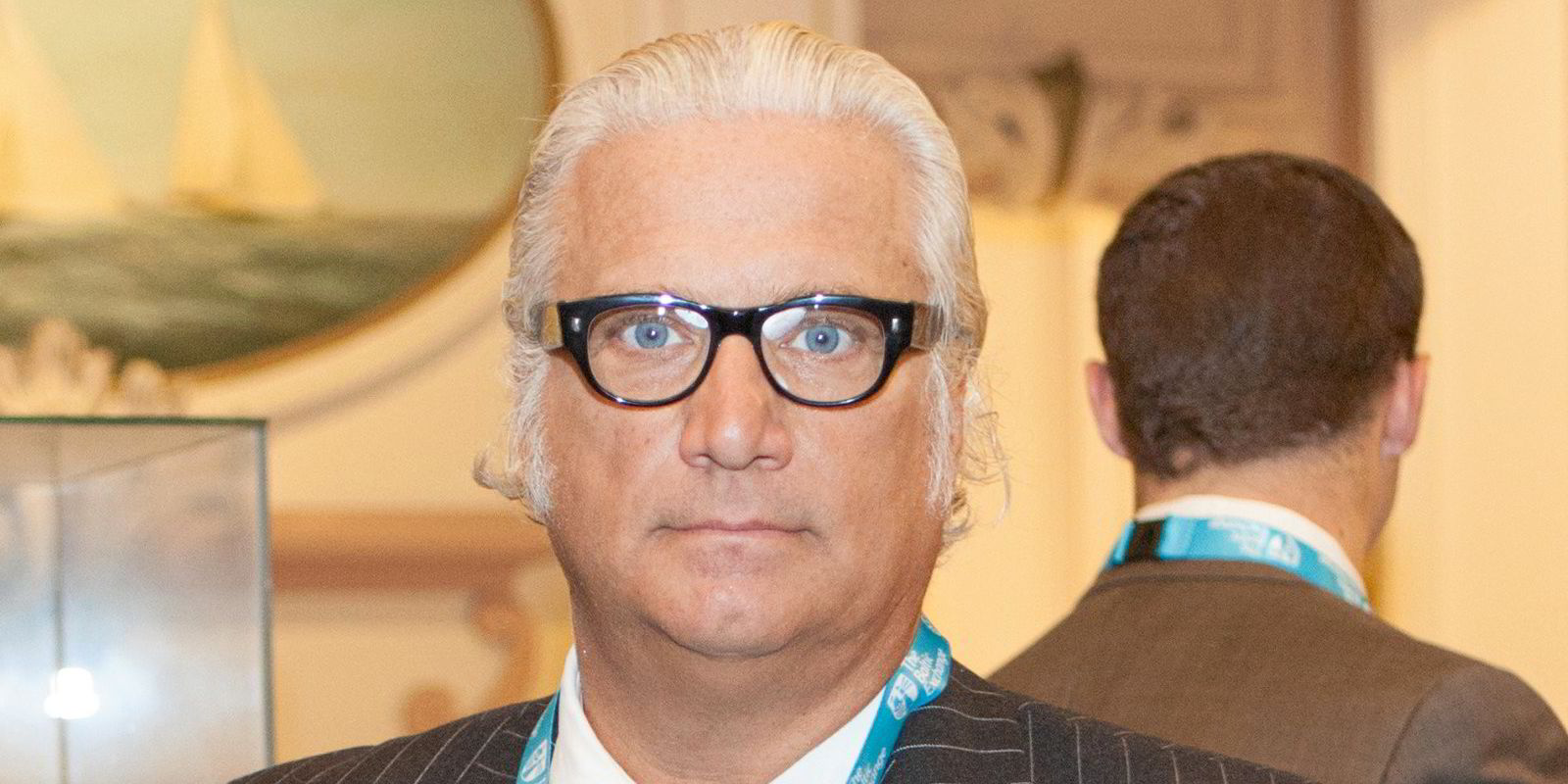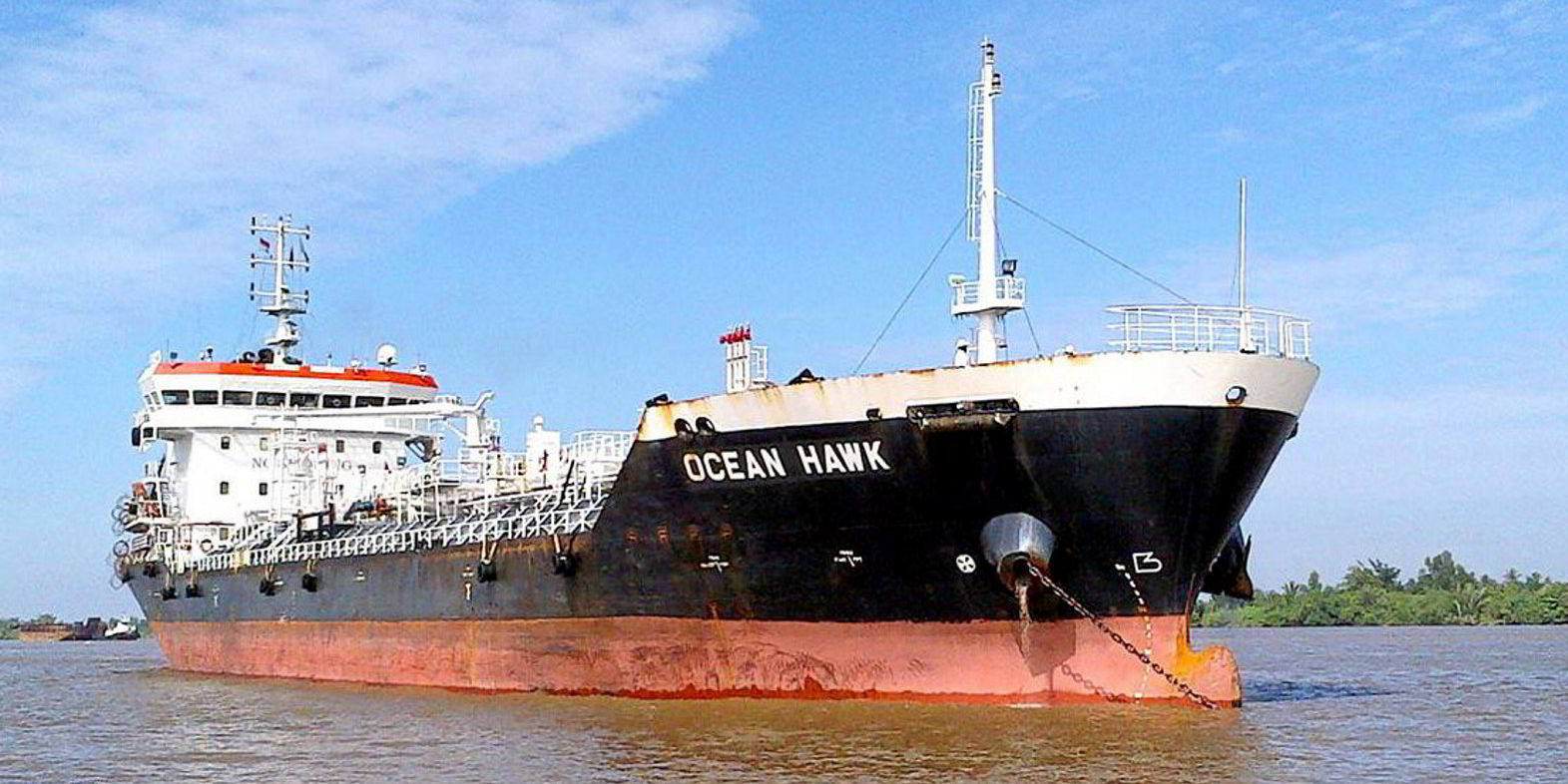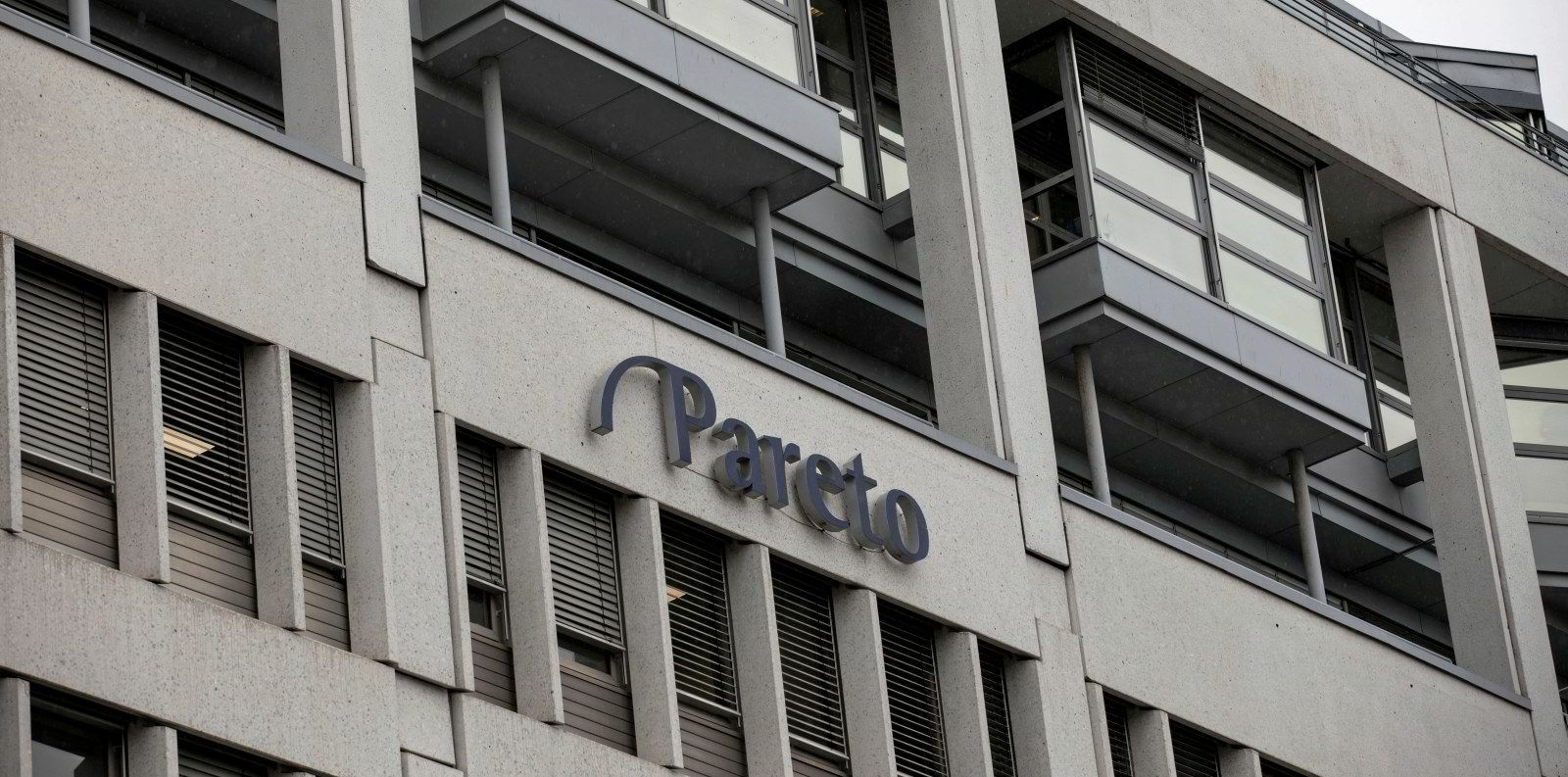Niels Stolt-Nielsen believes shipping is some way from achieving acceptable returns after two decades of disappointment.
But the chief executive of chemical tanker owner Stolt-Nielsen said the supply/demand equation is moving in favour of owners.
Talking about low contract of affreightment (COA) rates, Stolt-Nielsen initially said: "The COA rates have been low, because we have had a horrible shipping market for the last, I dare say, 20 years. So it's a long way until we get to the right level."
Charter rates to rise
Then he qualified that by adding: "It's not right to say it's been bad for 20 years, but overall the return in shipping over the last 15, 20 years has not been sustainable. So it's a long recovery."
But he said that with the current vessel supply situation due to a lower newbuilding orderbook, the industry will "get there".
He believes COA levels will continue to rise, with his company keeping deals to comparatively short durations of 12 months as a result.
Stolt-Nielsen said the COA and spot markets are "somewhat decoupled" from one another.
The company lifted average freight rates 3.1% in its fourth quarter, reflecting rises of 6.1% in recent contract-renewal levels, despite a weaker spot market.
"Most of our large customers, they do their business with COA, they can't really operate in the spot market," he said.
"So there is kind of a slight decoupling between the spot market and the COA market. And I think our customers that are dependent upon having a steady reliable service, they want to see how the market conditions are, they see the supply situation."
Stolt-Nielsen said charterers probably understand that the sector is on the up, so the shipowner has been able to push up levels, despite low stock market performance.
"I think that will continue going forward," he said.
Group net earnings in the fourth quarter were $13.4m, up from $5.5m in 2019 as ship management costs dropped, with revenue dipping from $496m to $480.6m.
Tough first quarter
The tanker boss expects the first quarter to be challenging, with no significant recovery until at least the middle of the year.
He thinks new chemical production capacity for export in the Middle East will drive tonnage demand.
And biofuel markets are continuing to advance as owners embrace alternative fuels.
"China and India remain key to deadweight demand growth, while Europe is becoming a net importer," he said, adding that global trade will recover and the supply/demand balance will boost rates once the pandemic is over.
"So I expect very little improvement on the demand side will drive a nice recovery in our sector."
Stolt-Nielsen argued that core chemical tanker deepsea fleet growth will drop significantly from 2021 onwards.
Orders delayed
"Uncertainty around the fuel and propulsion systems makes it risky to invest in new ships and that's a question all shipowners that have to order new ships are asking themselves," he said. "I think that there might be further delays in making that decision.
"So hopefully it won't be a large volume of new orders coming to our sector in the short term."
However, he cautioned that a weak MR tanker market increases the risk of some tonnage entering the edible oils sector.
"But I also believe that the MR market orderbook is also relatively favourable for the shipowners."








